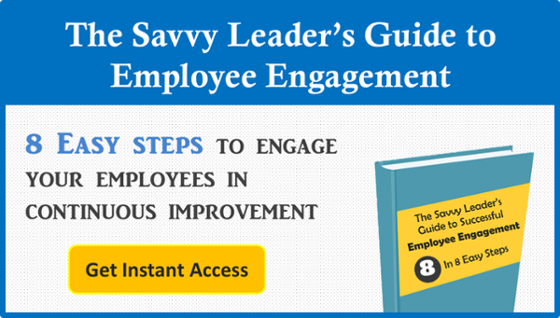High reliability organizations are those that succeed despite significant risk, and massive consequences of failure, in industries ranging from airlines, nuclear power plants, and aircraft carriers to health care. If a high reliability organization suffers a major process breakdown, you’re likely to hear about it on the news.
Most of us don’t hold the lives of hundreds of people in our hands; we’re simply trying to get products out to customers or make sure individual patients get the care they need. But, there’s a lot to be said for studying how high reliability organizations (HROs) can succeed so often in the face of inherent challenges. Why is it, for example, that the airlines and air traffic control system can safely land more than 87,000 flights every day, but my cable goes out twice a month?
Research into what HROs have in common is revealing. They exhibit a certain set of behaviors that aren’t common in other businesses, but that could be applied to any type of organization to earn it a competitive advantage.
High Reliability Organizations are:
1. Obsessed with Failure
Not every failure causes a major disaster in a HRO. In fact, most big problems are the result of a series of smaller ones. That’s why a high reliability organization does not ignore any failure, no matter how trivial. They never assume that a process breakdown was just a fluke. In addition to confronting actual failures, HROs also spend time thinking about what might fail and how to prevent it.
2. Comfortable with Complexity
HROs understand that no process operates in a vacuum. Imperfect results from one process can have a major negative impact on another. That’s why HROs never apply quick fixes to problems. Instead, they carefully investigate and identify the root cause of any failure so that a lasting and effective solution can be applied.
3. Sensitive to Operations
The people making decisions in HROs need to understand the situation on the ground in real time. That information comes not from the executive suite, but from the people actually doing the work. High-reliability organizations depend on every front-line employee to accurately and completely report conditions and to raise the red flag if something goes wrong.
4. Committed to Resilience
One way that HROs achieve resilience is by having back-ups for the back-ups. Another is by developing the skills to quickly react to problems and mitigate their impact. Their team members learn to identify errors that need to be corrected and innovate solutions at the same time.
5. Deferent to Expertise
With the potential for tragedy looming, expertise trumps authority. The people who know the most about any given subject are trusted to make the right decisions. This is especially important when something goes wrong and the team is in reaction mode.
I’m certainly glad that the high-reliability organizations I depend on are run this way. (I can be pretty sure my cable company doesn’t.) Wouldn’t it be nice if every organization took this approach to operations? What about your organization? Could this way of thinking lead to better results? We suspect that the answer is yes.



Add a Comment